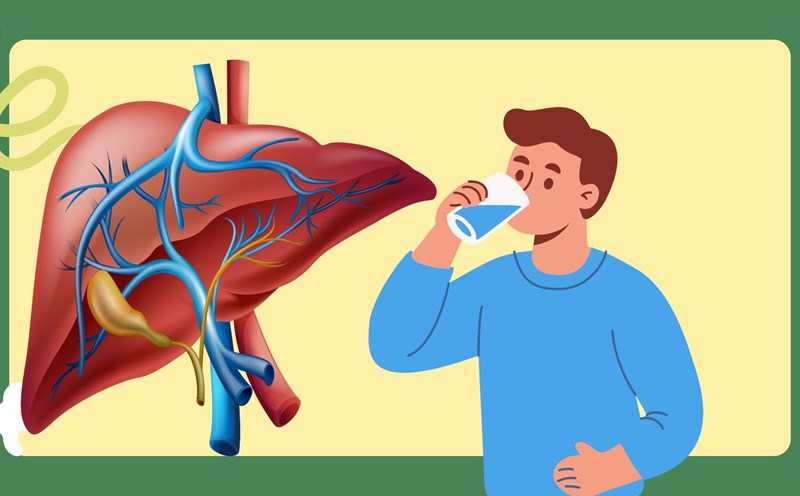Drinking tea on an empty stomach, drinking tea regularly
Tea contains caffeine - a stimulant that can affect the stomach and nervous system. If you drink tea on an empty stomach or drink tea that is too thick, you may experience excessive stomach acid secretion, causing irritation of the digestive tract lining, leading to discomfort, nausea or abdominal pain. People with stomach conditions such as ulcer need to be especially careful.
The high caffeine concentration in black tea can stimulate the central nervous system, causing the phenomenon of "tearing" with manifestations such as rapid heartbeat, dizziness, fatigue, and even loss of balance.
For people with chronic kidney disease who are inherently unable to regulate water, drinking a lot of black tea can cause kidney function to weaken faster, even leading to severe kidney failure.
The habit of drinking tea that is too hot
Using water boiled at 100 degrees Celsius to make tea helps retain the flavor, but drinking tea that is too hot right after the mixture can damage the esophageal lining. The World Health Organization (WHO) warns that drinks above 65 degrees Celsius can increase the risk of Esophageal cancer.
So, let the tea cool down before drinking. If you feel the drink is too hot, wait or take a small sipping, avoid burning the mouth and esophagus - which is a very sensitive area.
Drinking tea while taking medication
Many people have the habit of taking medicine with any available drink, including tea. However, tea is not suitable for use with some medications.
Caffeine in tea can reduce the effects of sedatives, sleeping pills, and anti-anxiety drugs. In particular, when drinking tea with asthma medications (such as bronchial dilate), the risk of side effects such as nervousness and rapid heartbeat may increase.











